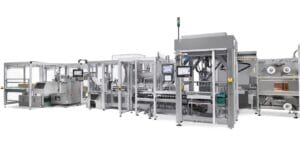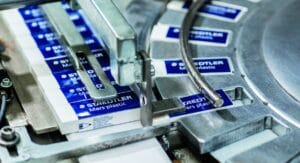
Glass is one of the oldest materials known to mankind. As early as around 1,500 BCE, it was possible to produce hollow bodies from glass. Since then, it has inspired the spirit of invention and has been an indispensable companion to the development of civilisation. With all its versatile design possibilities, that the great importance of the interplay between continuity and change becomes apparent.
In the face of container glass history, the last decade has been but the blink of an eye. And yet changes have been recorded. With the „Product Innovation in Glass“ award, which has been presented annually since 2014, the Aktionsforum Glasverpackung not only takes a close look at the respective current trends and developments but also sends a clear signal for innovative products that appreciate glass as a material.
Sustainability ambassador
Awareness of how important waste avoidance and recycling are for the climate and the conservation of resources is growing, and with it the importance of glass as a packaging material. The fact is that glass is 100 per cent recyclable and can be processed as often as desired into new, high-quality glass packaging without any loss of quality. On average, glass packaging contains 60 percent recycled glass. In the case of green glass, the figure is as high as 90 per cent.
However, significant changes to sustainability in the container glass sector are difficult to calculate. This is evident, for example, in material savings achieved in mass production: Successes are blurred in the statistics by the more frequent and increased use in the luxury segment.
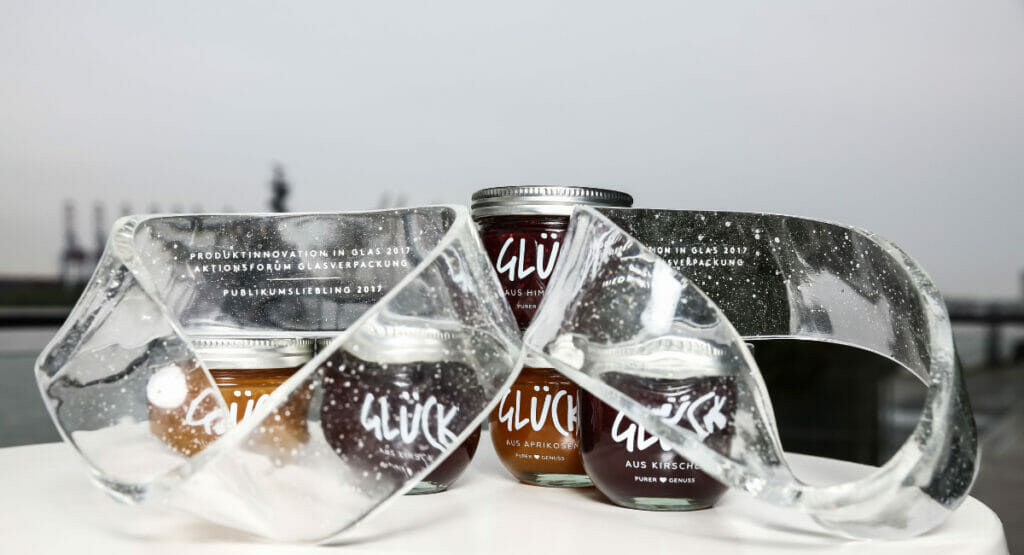
The importance of continuity and change is particularly evident in the transformation of the glass industry: glass manufacturers have been working hard for some time on promising concepts for achieving climate-neutral production, but are dependent on external drivers. This includes, above all, the provision or expansion of the necessary nationwide infrastructure for the transport of alternative energies such as green electricity or hydrogen.
Nevertheless, container glass plays an important role, especially for products where ecological sustainability is to act as a marketing argument. Certainly, the excellent product protection and the very good recyclability are in the foreground here as well. But its reusability and options for upcycling also make glass the optimal packaging material in this growing sector.
„Reusable applications of glass packaging also outside the beverage segment, progressive downgauging of disposable glass packaging and intelligent ideas for attractive upcycling through appropriate design of glass packaging are the clearest developments in recent years that underline the contribution of glass packaging to ecological sustainability.“
Dr Ulrich Nehring, Nehring Consultants and jury member of Product Innovations in Glass
Expression of the brand identity
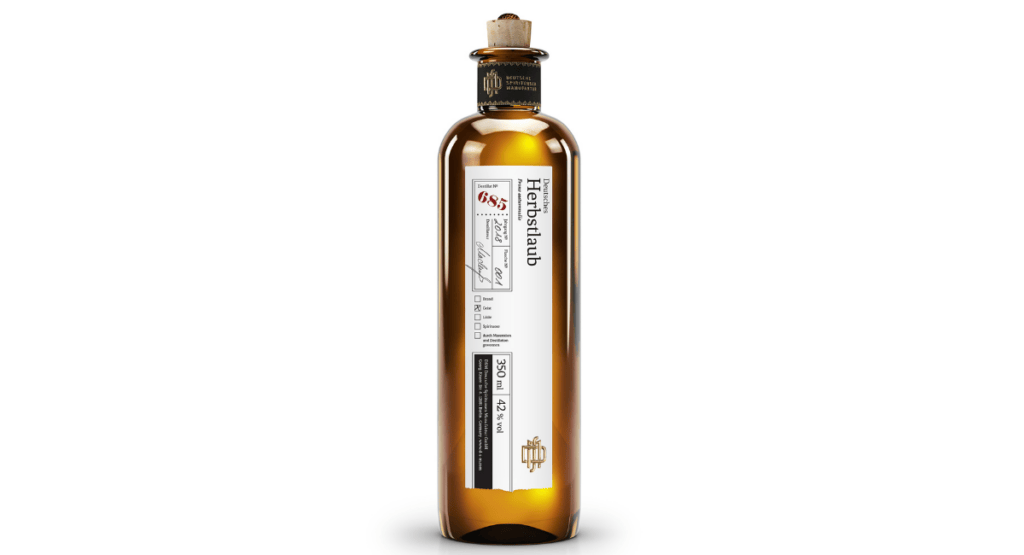
In addition to the ecological aspect, the focus is on the appearance of glass for branding: high-quality, noble and versatile in terms of design and customisability. However, an appealing look, i.e. the formal-aesthetic design that matches the product in terms of shape, size, colour, material or surface, is not enough on its own. Packaging design means more than the development of a practical wrapper for a product. Food or drinks are often unconsciously judged by how they are packaged. Closely connected to this is the expectation of product quality. For example, people associate a red wine in an attractive glass bottle with a completely different enjoyment experience than with the same product in an alternative packaging. Exactly this realisation was also followed by the submissions for product innovations in glass in the last ten years. Similar to the cosmetics sector, more elaborately decorated and designed glass packaging was submitted.
Expressing a brand identity through the characteristic design of a glass packaging is relatively often successful with high-priced products, especially from the cosmetics and spirits sectors. For mass products in the food sector, this implementation is usually more challenging. „In the last ten years, however, there have been several such success stories, especially with delicatessen sauces and fruity spreads,“ says Dr Ulrich Nehring with major emphasis.
Developments in the assortment
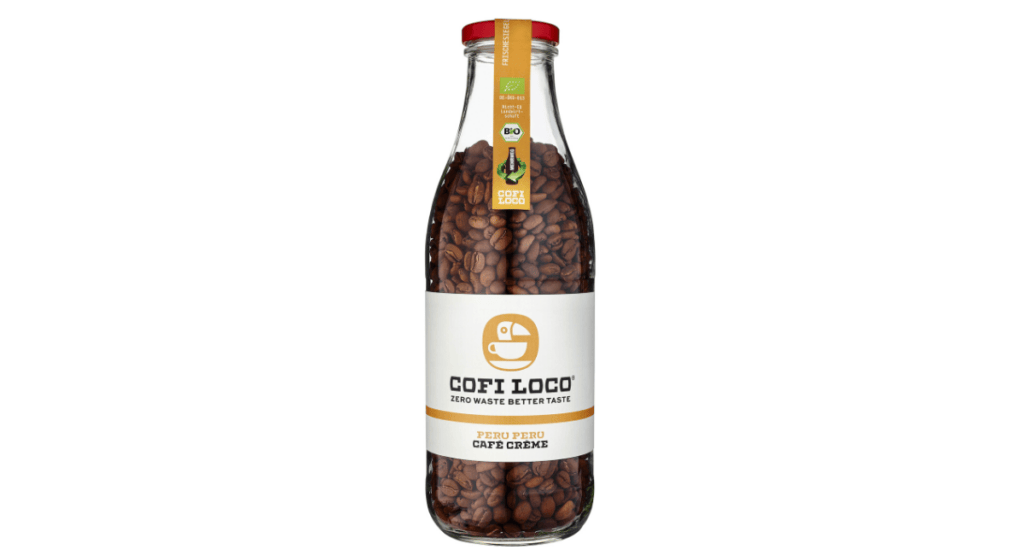
Glass packaging is particularly suitable for expressing value and a very specific brand character through its shape and thus making products easily recognisable on the supermarket shelf.
In recent years, some manufacturers and especially start-ups have discovered glass as an eye-catching disposable or reusable packaging for their products. The range here extends from mixed cocktails to tea in a glass, coffee beans, baking mixes in a bottle or to an herb garden.
The trend towards filling more beverages in glass, and in particular in returnable containers, is not so much affecting the brewing industry. Since the introduction of the one-way deposit, the share of glass packaging in the brewing industry has remained constant at around 80 per cent, or even more than 80 per cent in some cases. In the mineral water and lemonade sector, however, the return to glass packaging is clearly noticeable. Dairy products are more and more often found in returnable containers with a deposit, and meanwhile even the wine industry is thinking about joining the returnable system. Of course, this has a lot to do with the increase in ecological awareness and the consumer expectations that go along with it.
„In the beverage industry, the retro trend is also noticeable. The Euro bottle is experiencing a renaissance, especially in the southern part of the republic. There is hardly a brewery there that has not reintroduced these bottles, at least as an addition to its range. It is mainly light beer that is filled in Euro bottles, this type of beer is showing a very conspicuous market upswing overall.“
Achim Nieroda, responsible for technology at the Deutscher Brauer-Bund e. V. and who is also a jury member for Product Innovations in Glass
The trend towards more conscious consumption and natural foods also benefits glass. Since there is no interaction between glass as packaging and the contents, glass stands for unadulterated taste and optimal protection of nutrients and vitamins. This makes the oldest packaging material in the world the one that seems to best meet the demands of today’s consumers.
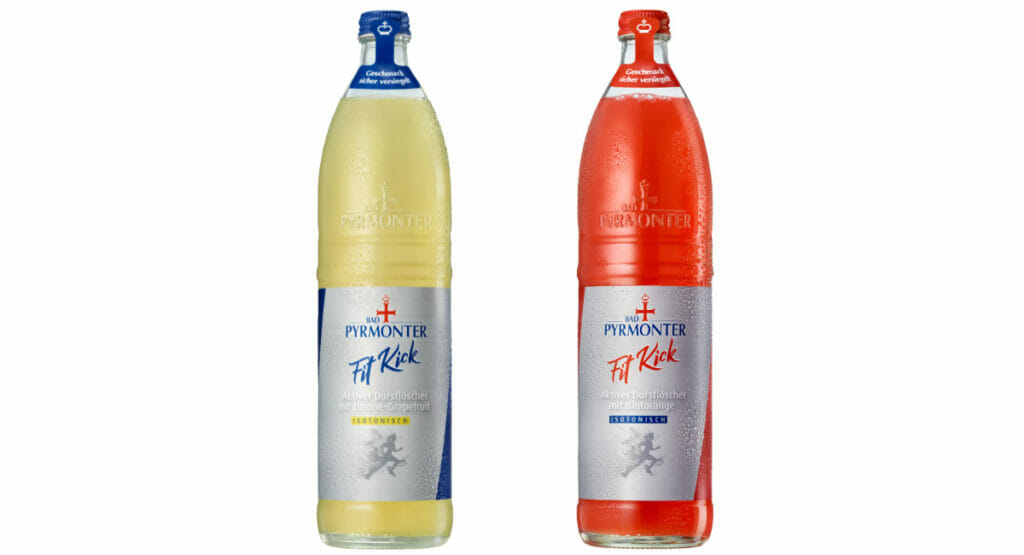
A decade of "product innovation in glass
This year, for the tenth time, companies from the beverage and food industry are invited to submit their innovative products packaged in glass to the competition. These will be closely scrutinised and examined by an independent jury of experts. Various criteria are judged: Ingredients, concept of the product, design of the glass packaging, practicability and marketing strategy. The best six products make it to the nomination stage and the winners are announced at the „Trendtag Glas“. The industry event for decision-makers from marketing, retail and purchasing will take place in Hamburg in September 2023. The winner in the „Public’s Favourite“ category will be chosen by the Trend Day participants directly on site. In this special anniversary year, the jury will also award an additional prize: The Decade Winner of Product Innovation in Glass will be chosen from among the finalists of the last ten years.
More packaging news

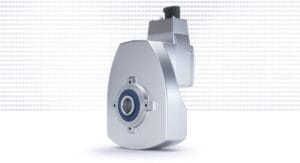
Asynchronous servo solutions for the packaging industry
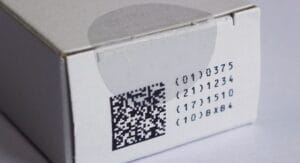
Label Durability
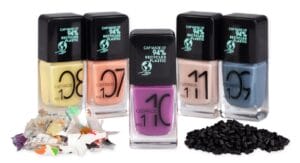
More design for recycling for cosmetics packaging
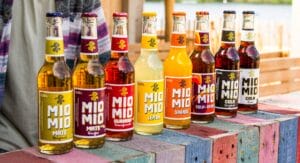
Innovation Barometer 2024
